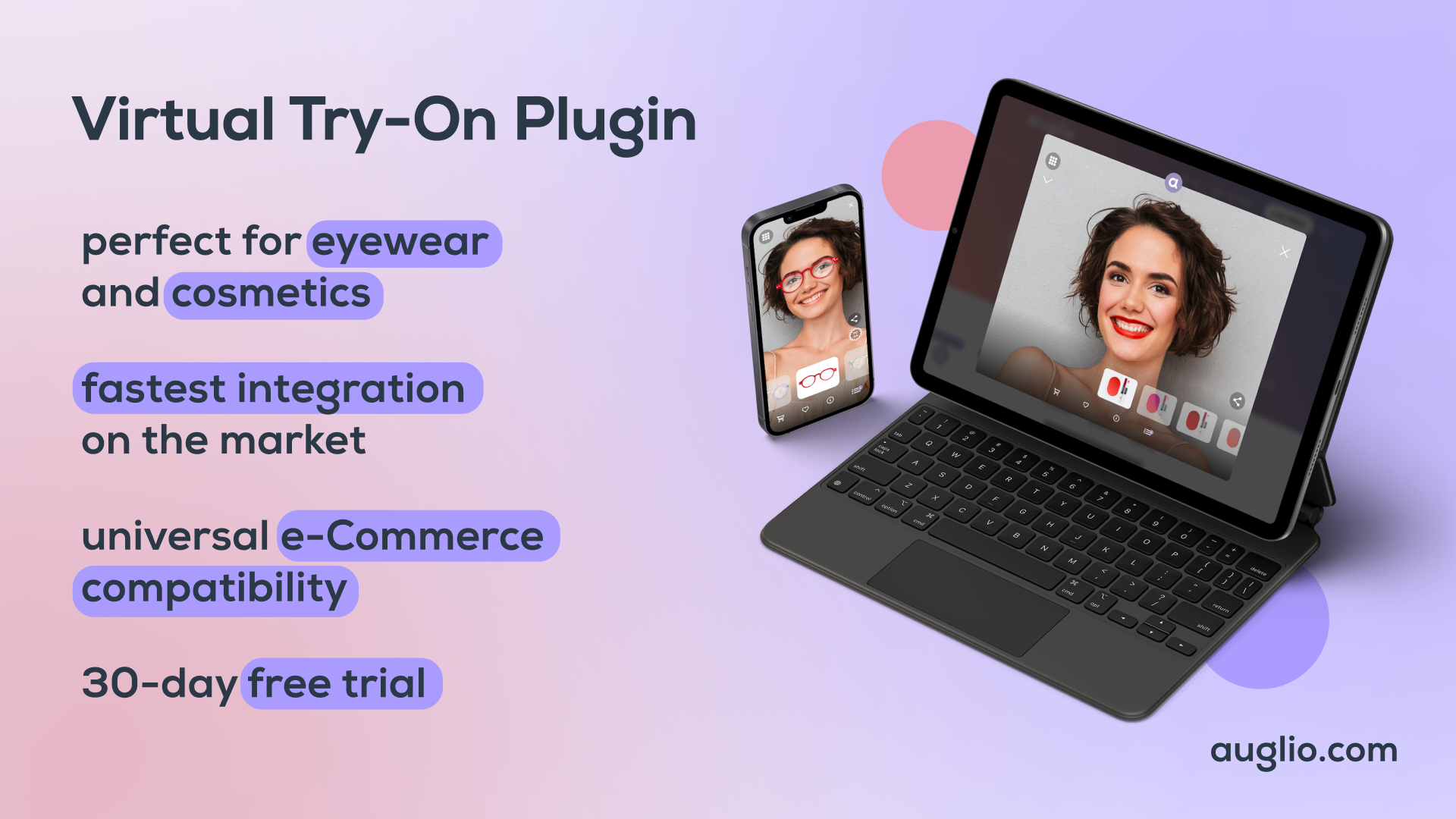At a time when technology consistently transcends the boundaries of human imagination, few innovations have captivated our senses and possibilities, quite like augmented reality (AR). The seamless combination of digital and physical elements has given rise to an immersive experience that further closes the gap between what’s real and what’s not.
Today, developers have a remarkable opportunity to leverage the power of augmented reality and develop it into a canvas for our benefit and imagination. But how do they bring this creativity to life? Furthermore, how do they deliver complex and dynamic digital realities from static designs? This is where innovative tools come into play.
In plain terms, AR tools foster the design and creation of animations in virtual reality environments. These virtual workspaces create a platform where we can carefully arrange the dynamics of objects, characters and entire landscapes, all while blurring the line between reality and fantasy. We unravel these technological tools, highlighting some of the best options regarding e-commerce in 2023.
Characteristics of Augmented Reality Tools
As more people buy into the transformative properties of augmented reality, several tools exist for creators to develop their virtual, dynamic environment. But how can you identify the best ones? Typically, these tools offer many features that empower creators, designers, developers and businesses to craft immersive and engaging AR experiences. Here are some key features of top-tier AR tools.
Mobile Platform Compatibility
The best AR tools can function across diverse mobile and web environments. This feature offers users a significant advantage by expanding the accessibility scope of the AR experience.
3D Object Tracking
The ability to effectively track and anchor 3D objects within the fabric of real-world environments is crucial in developing immersive AR experiences. As such, top-quality tools track and anchor 3D objects, making them interactive and accurately attuned to the surrounding environment.
Image Recognition
AR tools should facilitate the image recognition process within AR frameworks. This feature typically incorporates interactive marketing campaigns, where consumer engagement is heightened through captivating visual triggers. Education and experiential learning are other use cases of this feature.
Animation and Interactivity
Ideally, AR tools should empower users to infuse life into different elements in the augmented environment. This feature should encompass inanimate objects and dynamic characters, resulting in an immersive experience focused on fluid motion, interactive engagement and a smooth combination of virtual and real-world domains.
Integration with Design Software
Some of the best AR platforms integrate with widely-used design tools to facilitate a seamless transition for designers. By opting for AR tools with this feature, designers can effortlessly transport their creative projects from a familiar design realm into the more dynamic domain of augmented reality.
Customization and Branding
In the context of e-commerce, businesses should be able to tailor AR experiences, ensuring it aligns with the visual characters of their brands. The customization and branding feature of AR tools helps to develop unified and holistic user experiences that leave a lasting impression on customers.
Augmented Commerce Capabilities
Still, in commerce, most AR tools tend to amplify the augmented community landscape by offering immersive and interactive ”try-on” encounters for products. This feature resonates with modern consumers’ preferences and expectations, significantly improving customer engagement and sales.
Best Augmented Reality Tools in 2023
The evolution of AR tools has continued into 2023, offering several cutting-edge solutions that empower users, creators and businesses to craft interactive and captivating AR experiences. This guide presents a comprehensive list of five of the best augmented reality tools in 2023, each carefully selected for its unique functionalities, features and potential to bring AR to life.
Auglio
1. Auglio
Auglio emerges as an exceptional augmented e-commerce plugin designed to revolutionize shopping experiences. Its ingenious incorporation as a versatile plugin sets this product apart from its counterparts, making it integral to any e-commerce store.
Auglio features a fascinating array of extensions, each bearing the potential to captivate users with several functionalities. While this product can handle jewelry and fashion accessory stores, it’s most optimized for eyewear and cosmetics. This optimization is highlighted with the inclusion of an automatic pupillary distance measurement mechanism.
This plugin also improves upon user experience through its recently introduced concept of “assisted shopping.” With this feature, customers can establish a direct and real-time connection with sales personnel and explore virtual try-out experiences through immersive video calls. Across the industry, Auglio is known to push boundaries and develop innovations often copied by other companies.
Virtual try-on has become a significant aspect of e-commerce, with many consumers looking to try things out virtually before buying them online. Therefore, Auglio’s virtual try-on feature remains an effective tool for boosting conversion rates by as much as 10%, all within affordable pricing plans.
The Agulio plugin is also compatible and available on different platforms. E-commerce stores dealing with eyewear or cosmetics can try this product for 30 days free. It’s also integrable with Shopify with a 14-day trial period. Users can also explore the plugin directly on the LIVE DEMO site without registering.

Adobe Aero
2. Adobe Aero
The Adobe Aero software provides one of the most intuitive ways to create, share and view augmented reality experiences. Adobe Aero provides an easy platform to build AR scenes using 2


















